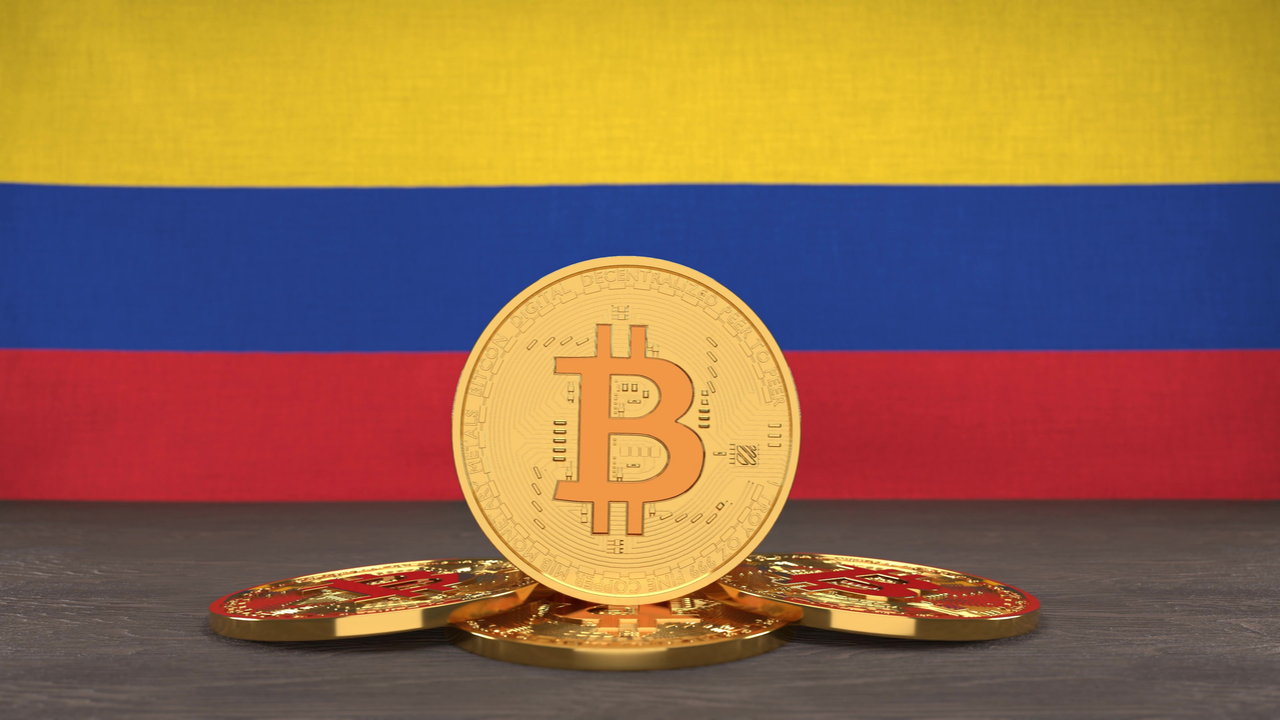
The Colombian government has issued new regulations that force exchanges and individuals to report cryptocurrency transactions to the UIAF, the anti-money laundering watchdog in Colombia. The transactions must be reported via an online reporting system, and exchanges will be required to issue periodic reports of suspicious transactions made by users.
Colombia Tightens AML Controls
New regulations that direct users and exchanges to report cryptocurrency transactions over a certain amount have been approved in Colombia. Resolution 314 establishes that cryptocurrency transactions over $150, or cryptocurrency transactions made with multiple tokens whose value goes over $450, will have to be reported to the UIAF, the anti-money laundering watchdog in Colombia.
This new regulation, which will take effect on April 1st, seeks to bring about greater control over what is happening with cryptocurrency assets in the country and stop possible money laundering and terrorism financing activities that could be leveraging these assets to go unnoticed. Regarding this, the resolution states:
Virtual assets have created a situation that merits the intervention of the UIAF, to the extent that, although they are operations that in Colombia are not illegal by themselves, they can lend themselves to illicit activities, due to the anonymity or pseudonymity in the transactions using them.
Exchanges will also have to issue a report of suspicious transactions that would deliver the UIAF a detailed list of operations considered unusual, and the users that effected them.
Penalties and Regulatory Advancements
The law also establishes penalties for exchanges and people that fail to comply with these directives. If money laundering is detected in these activities, noncompliant users will have to pay between 100 and 400 minimum monthly wages, with other fines deriving from these crimes.
Resolution 314 states that in 2019, the bitcoin national market registered transactions for $124 million, almost 1.7 times the amount registered in 2018. This growth caused concern in the government about the use of these assets for illegal purposes due to the newfound liquidity in these markets.
However, the crypto oversight of the institutions in Colombia has also reached the tax environment. The DIAN, which is the tax regulator of the country, announced recently it was taking measures to detect tax evasion regarding the use of cryptocurrencies for trading or transacting.
What do you think about the new requirements crypto users and exchanges face in Colombia? Tell us in the comments section below.
Image Credits: Shutterstock, Pixabay, Wiki Commons
Disclaimer: This article is for informational purposes only. It is not a direct offer or solicitation of an offer to buy or sell, or a recommendation or endorsement of any products, services, or companies. Bitcoin.com does not provide investment, tax, legal, or accounting advice. Neither the company nor the author is responsible, directly or indirectly, for any damage or loss caused or alleged to be caused by or in connection with the use of or reliance on any content, goods or services mentioned in this article.
Read disclaimer
- 100
- 11
- 2019
- 39
- 7
- About
- Accounting
- activities
- advice
- Although
- AML
- Anonymity
- anti-money laundering
- approved
- April
- article
- Assets
- being
- Bitcoin
- boom
- buy
- caused
- Colombia
- comments
- Companies
- company
- connection
- content
- could
- Crimes
- crypto
- cryptocurrencies
- cryptocurrency
- cryptosphere
- different
- during
- effect
- Engineering
- Environment
- Exchanges
- Face
- game
- goods
- Government
- Growth
- having
- helps
- How
- HTTPS
- Illegal
- institutions
- investment
- IT
- journalist
- Law
- Legal
- LEND
- Level
- Liquidity
- List
- Market
- Markets
- million
- money
- Money Laundering
- National
- news
- offer
- Offers
- online
- Operations
- Other
- Pay
- People
- Point of View
- Popular
- price
- Products
- provide
- purposes
- registered
- Regulation
- regulations
- regulatory
- reliance
- report
- Reports
- Requirements
- responsible
- sell
- Services
- shutterstock
- Social
- States
- Story
- success
- system
- tax
- Terrorism
- Tokens
- Trading
- Transactions
- unbanked
- unusual
- us
- users
- value
- Venezuela
- View
- What
- What is
- would













